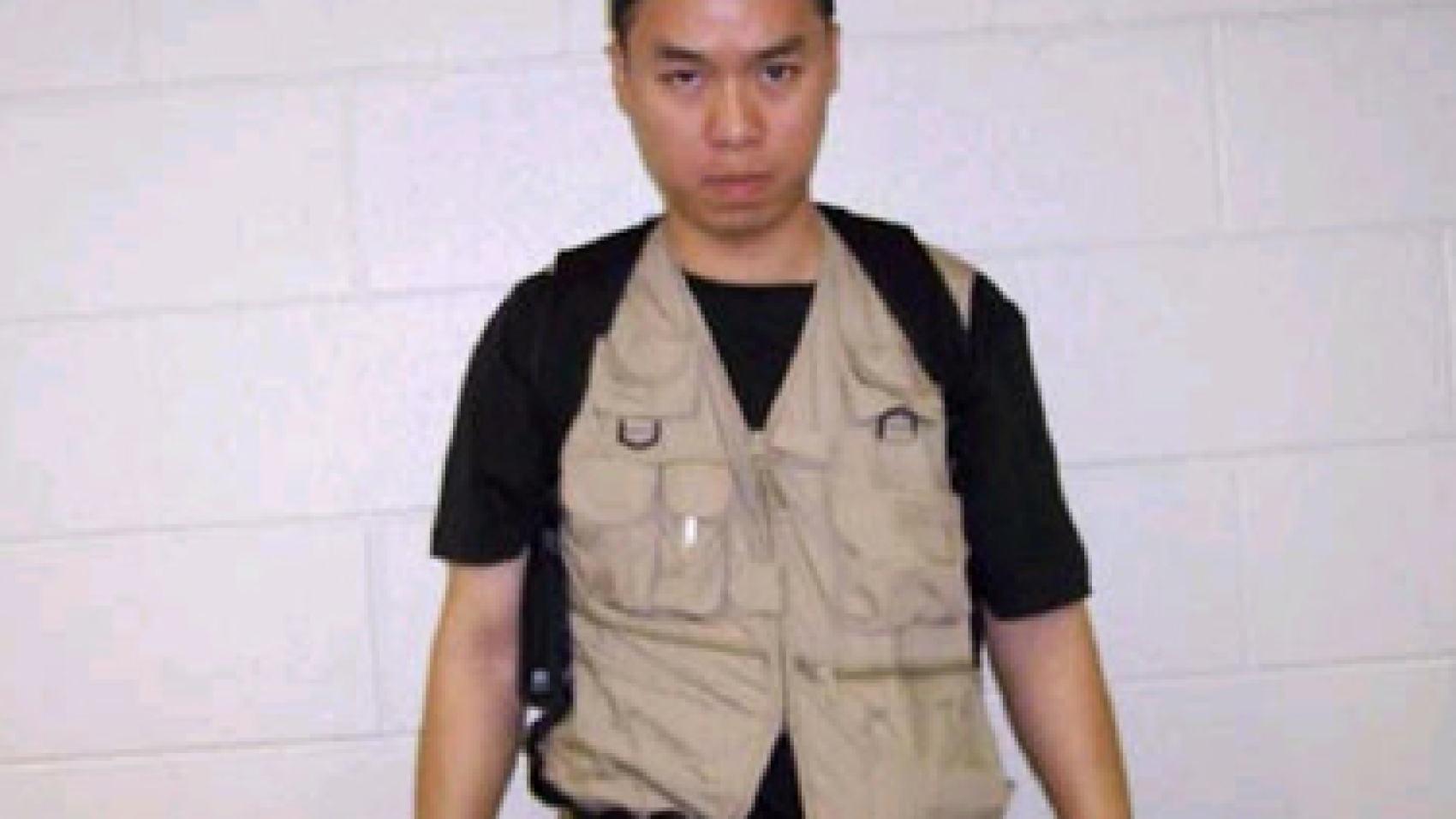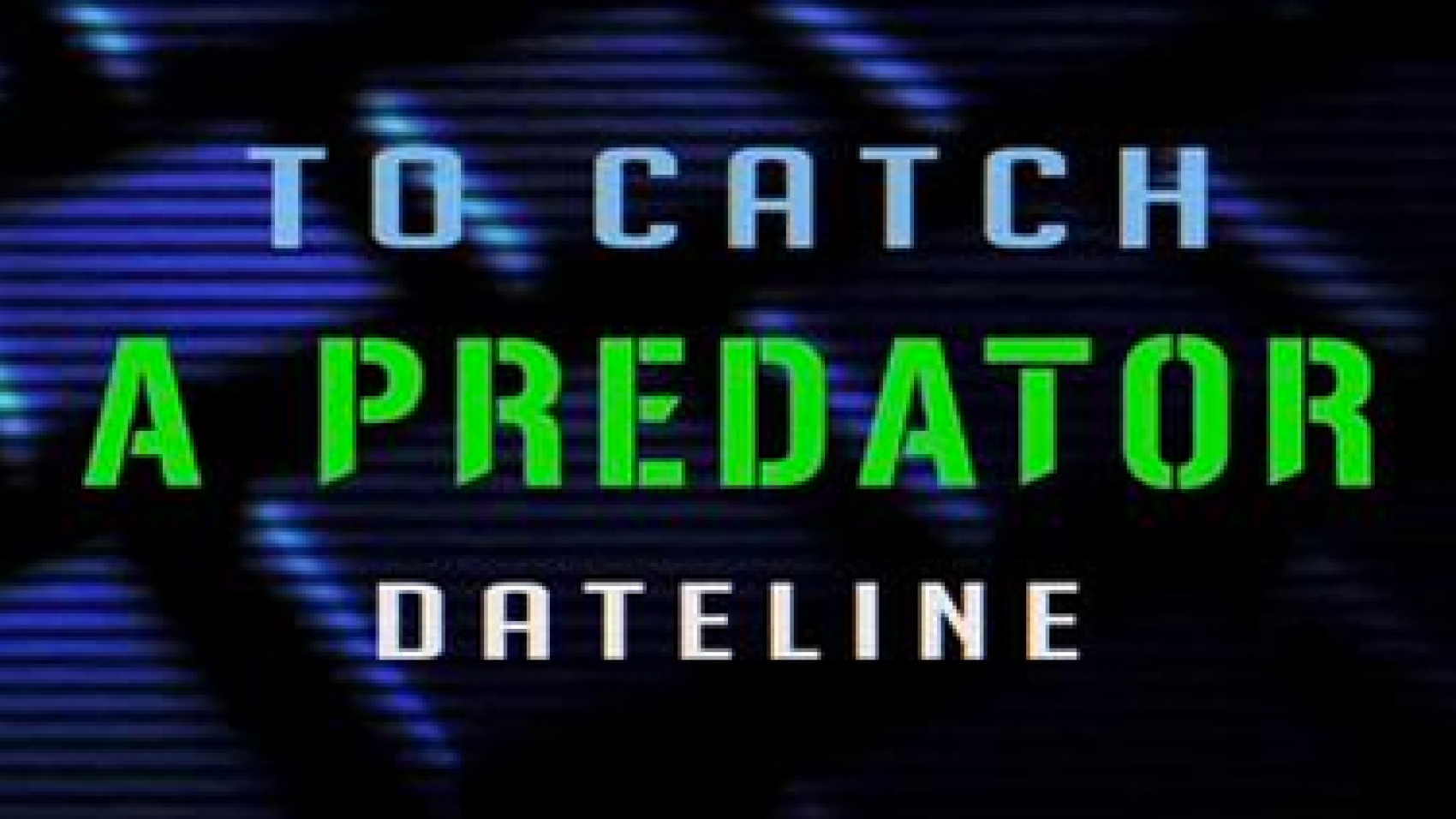How to be Optimistic with a Cancer Diagnosis
June 19, 2007
When I was diagnosed with cancer, my first reaction was the normal one: fear. Oh my god, I’m going to die! The first reaction is always fear. Hey, it’s scary. And you’re in shock. Then comes denial. This can’t be happening; there must be a mistake. Then anger. Why me? What did I do to deserve this? Blame. The government should have banned DDT sooner. It’s all the pesticides and plastics… And self-blame. I knew I should have had more pap smears. Mostly, there’s confusion—a jumble of thoughts racing around your brain at a million miles an hour. How did I get it? Could I have prevented it? And biggest of all: What’s going to happen? Will I die? Be disfigured? On and on and on…
First, don’t assume the worst. Cancer is not a death sentence these days.
Second, get more than one professional opinion.
Third, do your research and make a list of all the options, including both traditional and alternative ones. Explore visualization, acupuncture, spiritual counseling, prayer, homeopathy, herbs and diet. Consider combining treatment modalities.
It’s important, right from the very beginning, to treat not only the physical problem, but also your emotional and psychological health. Realize you’re going to need a lot of support from family and friends, and possibly from professional therapists. Keep a journal as a way to express your feelings. Know which people in your life can listen to you with an open heart and no judgment. If you don’t know anyone, your doctor can usually recommend a support group.
Breathe! And ground. Reconnect to Mother Earth. We need Mother Earth to heal. Go outside. Walk barefoot on the lawn, the beach. Pet the dog. Listen to the cat purring. Eat lunch on the porch. Meditate under a tree. If for some reason you can’t get outside, take a bubble bath and release your emotions into the water (do that anyway).
The biggest mistake people often make is they believe that they are the diagnosis. Whenever someone comes to me having just received a cancer diagnosis, the first thing I say to her is: Cancer is nothing more than a part of you that has forgotten who it is. It’s a part of us that has gone astray, and all we have to do is reconnect and reintegrate that part.
The second biggest mistake is not getting enough rest. Your mind is in torment—blaming yourself, not seeing any way out, panicked. Without a good night’s sleep, your mind is even more prone to head into fearful territory. Find a way to get some rest, even taking sleeping aids if necessary. If you’re not already a practiced meditator, don’t try to learn now. Instead, try listening to relaxation tapes, like those of Louise Hay.
When we suppress our emotions, we block the free flow of our own healing energy in our body. If we also get mad at God—this isn’t fair! Why me?—we lose our connection to our higher Self. The seventh chakra closes down and we lose our access to the place that knows the answers, that already knows how to heal.
Instead of suppressing emotions like fear, anger, resentment, and rage, express them: cry, scream, beat a pillow, go to the beach and scream into the waves – let those emotions pass through you and into the ground.
Find a daily ritual that works to help you find your center—that place inside where you’re always okay, no matter what. Set up an altar with things that remind you of what’s important in your life—pictures of your kids, pets, spiritual teachers, religious icons, etc.—and sit there for ten minutes a day, appreciating what you do have. Gratitude is an important part of healing.
Read inspiring books, go online and find people who beat cancer, watch videos that make you laugh, get some exercise and fresh air every day, watch sunrises and sunsets. Don’t isolate yourself. Connect to Mother Earth, connect to your higher Self, connect to positive people, organizations, and communities.
Music, books, and audio CDs can help you get through this time. The Journey Through Cancer, by Jeremy Geffen, MD, is an excellent guide to integrating conventional and non-traditional physical, psychological, and spiritual approaches to cancer. Peace, Love and Healing: Bodymind Communication & the Path to Self-Healing,by Bernie S. Siegel is another.
Check out the CDs that are available at www.soundstrue.com and www.HayHouse.com such as Cancer as a Turning Point, Volume II; Cancer: Discovering Your Healing Power,Louise Hay; The Power of the Mind to Heal,Joan Borysenko, Ph.D.; Deep Rest,Tom Kenyon; Heal Yourself With Sound & Music,Don Campbell.
A cancer diagnosis is really a call to transform yourself. It’s an opportunity to change your lifestyle, to change the things you’ve probably needed to change for years. Thank your body for inspiring you to make the changes you’ve been putting off— process old hurts and angers, work through the old lies and let truth be your healer. At the same time, move toward a better diet, exercise, friendships, a healthier living situation, so that when the cancer is gone, you have a healthier, happier you!





